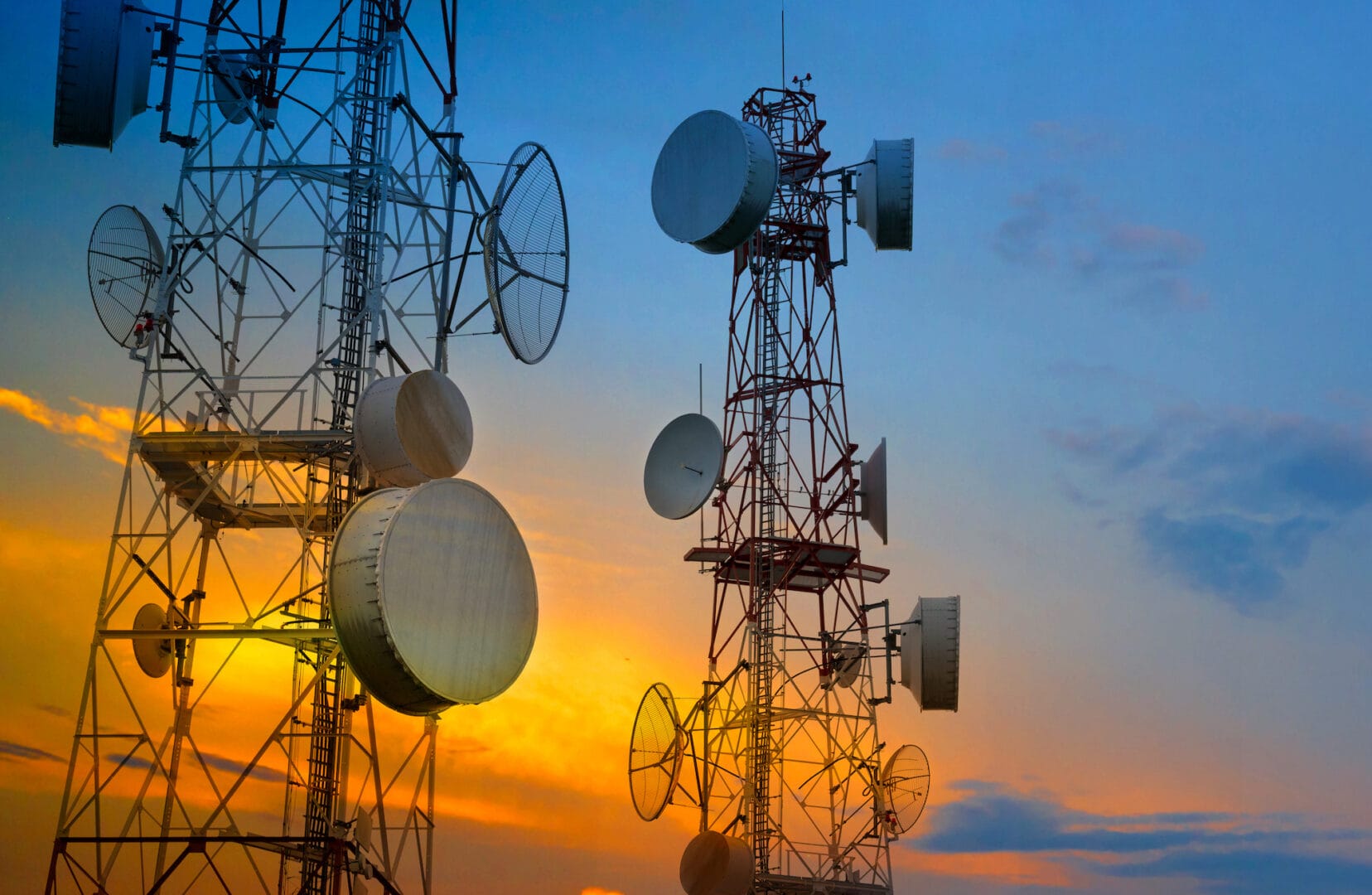
Telecom service quality in Nigeria is improving as telecommunications operators focus on addressing service delivery challenges. This is happening even before the Nigerian Communications Commission (NCC)’s three-month timeline. During a forum with telecom CEOs and the media, Mr. Tobe Okigbo, MTN Nigeria’s Chief Corporate Services and Sustainability Officer, shared that operators have already started ordering new equipment to enhance service quality.
“According to NCC’s estimate, operators should improve service quality within three months. But, we plan to achieve this faster. The better the quality, the more we invest, and that benefits both us and our customers,” Okigbo explained.
Factors Affecting Telecom Service in Nigeria
In addition to rising costs, which the tariff increase addresses, Okigbo mentioned other factors affecting telecom service quality. One issue is frequent fiber cuts and vandalization of telecom equipment. At a recent meeting with the government, MTN’s CTO revealed the company experiences an average of 37 fiber cuts daily. Airtel’s CTO shared that they face around 44 fiber cuts each day.
Also, Engr. Gbenga Adebayo, Chairman of the Association of Licensed Telecommunications Companies of Nigeria (ALTON), spoke at the forum. He stated that operators are committed to improving service quality but noted that external factors will affect the outcome. “We aim to improve service within the three-month timeline. However, if fiber cuts and thefts continue, we might face another issue,” Adebayo warned.
Telecom Service Quality and Support for the Tariff Increase
Adebayo asked for subscribers’ understanding of the 50% tariff hike. He explained that the hike was necessary to sustain the telecom industry and improve telecom service quality. The new tariff will lead to better services, clearer pricing, and benefit the economy.
“The tariff increase comes from many factors, like rising diesel costs,” Adebayo added. “If these factors change, we may need to adjust our prices.”
Airtel’s Commitment to Sustainable Telecom Service Quality
Mr. Femi Adeniran, Director of Corporate Communications and CSR at Airtel Nigeria, also addressed the forum. He explained that telecom operators pushed for the tariff increase to improve telecom service quality and satisfy customers. “Over 100 million Nigerians use voice services. Improving service quality is vital for everyone,” Adeniran said.
NCC’s Tariff Approval and NATCOMS’ Opposition
On January 20, 2025, the NCC approved a 50% tariff adjustment for telecom operators. The Commission cited rising operational costs and the need to maintain telecom service quality. This decision aligns with its regulatory role under Section 108 of the Nigerian Communications Act, 2003. However, the National Association of Telecommunications Subscribers (NATCOMS) opposes the hike. They argue that the decision was made without enough consultation with key stakeholders, including subscribers.






